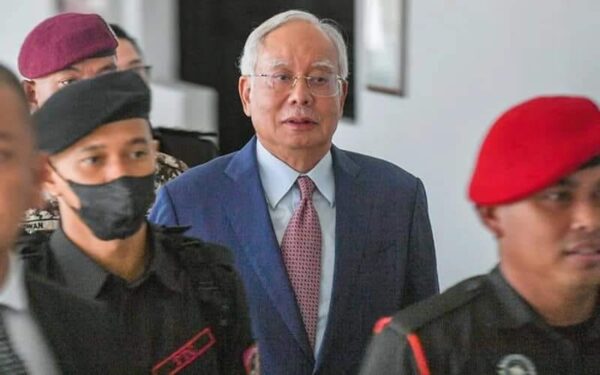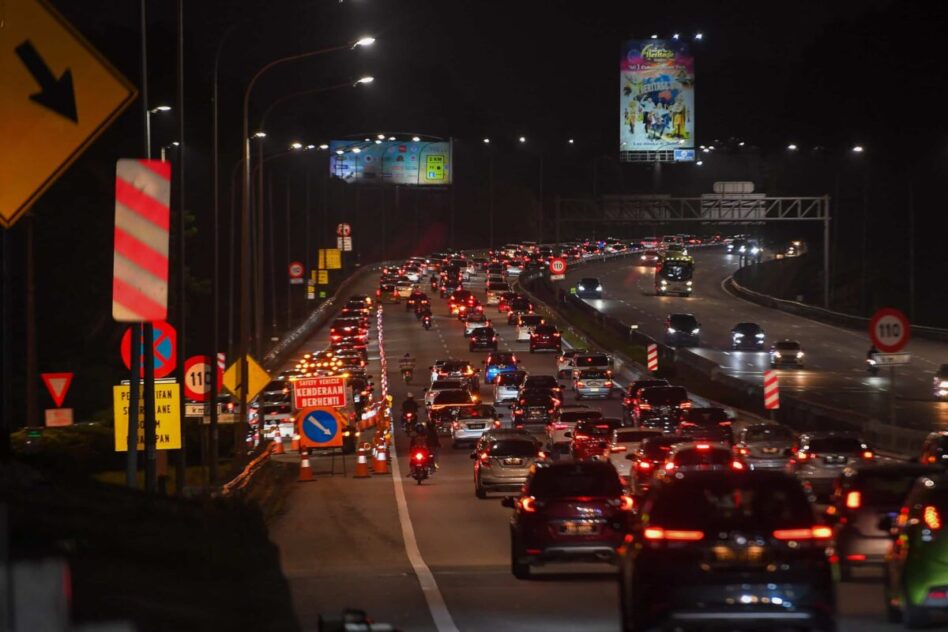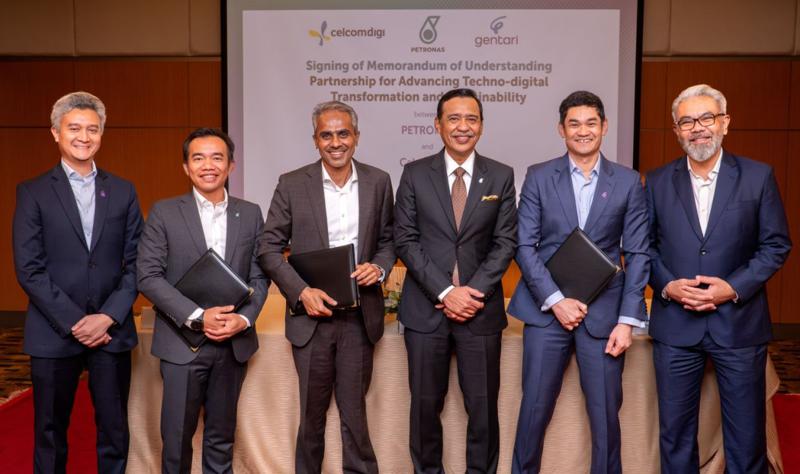FOUR days ago, the Royal Malaysian Police shot dead five people, suspected of being members of the Filipino terror organisation, Abu Sayyaf, during a gun-fight in Sabah.
One of the deceased was the group’s sub-commander, Mabar Binda. According to Sabah police chief Hazani Ghazali, the incident may trigger retaliation of the notorious group, who has been operating in the seas for decades.
While Bukit Aman Special Branch Counter Terrorism Division (E8) head told in April that the pandemic had indirectly helped to reduce terrorism threats in Malaysia, an academic said the recent incident proved that the notion was wrong.
“Even then, I disagreed with the assessment. With COVID-19 and the Israeli-Palestinian conflict, terror groups could take advantage of the situation to inspire their supporters and sympathisers to carry out attacks in Malaysia.
“The recent rioting in Johor is a disturbing trend. It shows that a small number of young people in Malaysia are dissatisfied with the current political situation.
“In addition, terrorist groups such as Al Qaeda, Islamic State and Abu Sayyaf can use the rising unemployment, especially among youth, to incite their supporters and sympathisers to carry out attacks,” HELP University Faculty of Business, Economics and Accounting and Institute Crime and Criminology senior lecturer R Paneir Selvam told FocusM.
In 2018, the police arrested a potential suicide bomber, aged 51, who had planned to launch an attack during the general election.

The suspect, a lady, was intrigued by the idea of using an improvised explosive device (IED) vehicle to bomb a polling station in Puchong and non-Muslim worship sites.
She had managed to keep her Salafist ideology hidden from her husband, who was taken aback by her detention.
In March, the police detained six members of Anshorullah At-Tauhid, an Islamic State affiliated faction in Malaysia, including an Indonesian, in March. This group aimed at spreading Salafi Jihadi ideology in Malaysia by recruiting new members and launching attacks.
Terror groups evolving, security agencies must be alert
Touching on the matter, Paneir Selvam said that fighting a war versus combating terrorism are two separate matters.
He stated that fighting an ideology is often more challenging, and it is difficult to completely reform a terrorist who has subscribed to a false ideology.
“Therefore, security and intelligence agencies must exercise caution when engaging terrorists, supporters, or sympathisers of any terrorist organisation,” he stressed.
On the incident in Sabah, Paneir Selvam said it revealed two matters: One is that there are locals who are willing to harbour supporters and members of terror groups to hide here and the other was the ability of the nation’s security and intelligence agencies of detecting and preventing terrorist attacks from happening.
“However, I would like to remind our intelligence and security forces not to underestimate the ability of these terrorist groups.
“Their tactics are shifting to the use of non-conventional weapons like household knives and vehicles. Plus, they are also using fake suicide vests to deceive security forces and the public to ‘protect’ themselves,” he noted.
The academic added that the face of terrorism is always evolving, with their methods and mode of attacks getting unpredictable.
“They always find a small window to launch their fatal attacks like in Nice, Paris, Brussels, and London. They are using females and young people to launch attacks, thus, evading detection by the intelligence agencies
“As for Malaysia, even though the measures and strategies put in place by these agencies are currently working well, they cannot be overconfident. Take precautionary measures in order to protect this nation,” Paneir Selvam noted. – May 22, 2021.










